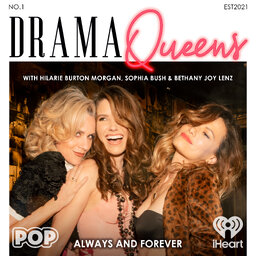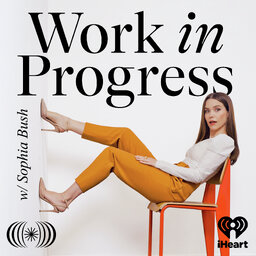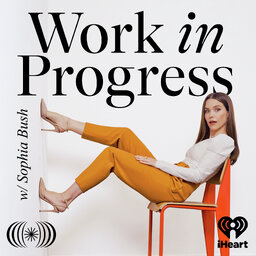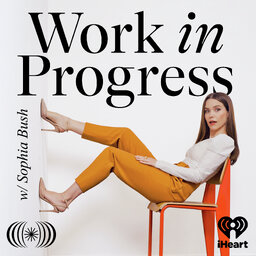Work in Progress: Amit Rahav
Actor Amit Rahav has been making waves in Hollywood with high-profile projects, including a World War II drama close to his heart.
The actor joins Sophia to chat about his journey to becoming an actor, the pressure he felt playing the first LGBTQ+ character to come out on a TV show in Israel, finding success in Netflix's critically praised miniseries, "Unorthodox," starring in Hulu's limited series, "We Were the Lucky Ones," and why the WWII drama is very personal to him and very relevant today.
Plus, Amit reveals the type of project he would like to do next!
 Work in Progress with Sophia Bush
Work in Progress with Sophia Bush



